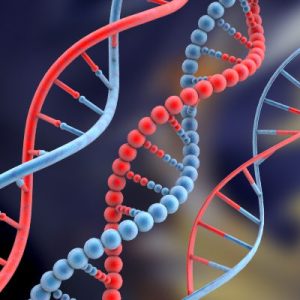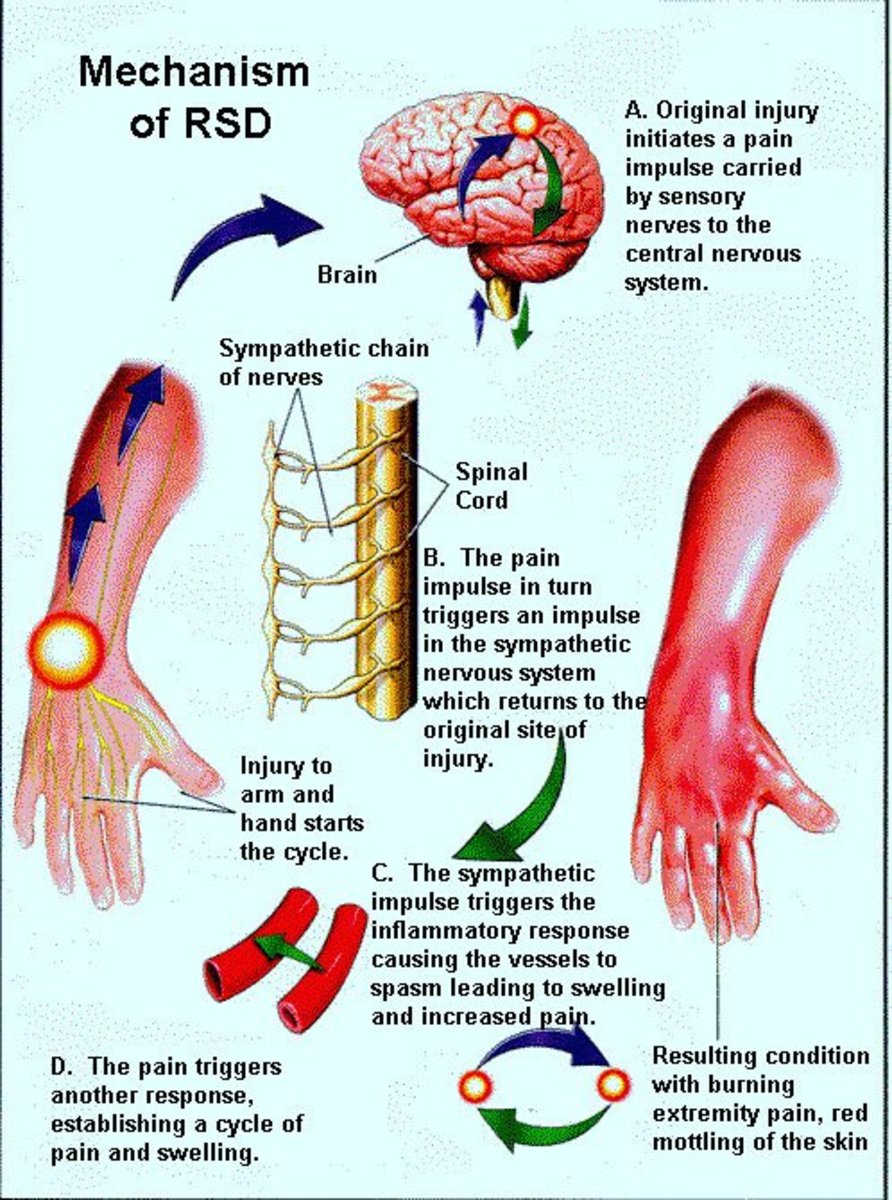The Factor

By: Wayne Brown
A few years ago, my mother had aged into her mid 70’s. She had always had some aches, pains, allergies, etc. but, for the most part, she was able to deal with those as simple irritants and move along with life. My father was still living at the time. He had retired and it seemed a time when he and my mother could start to enjoy life together. It was then the trouble started that put the entire family on a road of pending doom.
Initially, there was no real cause for alarm. Mother began to slow down. She was less involved, less engaging. No one in the family really thought much about it. We just considered it a phase in her life and attributed some of it to age. She lost her appetite and ate less and less. Since it was just my father and mother now living in the house, this went pretty much unnoticed until her weight became easily noticeable to everyone. Again, there was some concern but no real alarm. We coached her to eat better and she didn’t argue against it that much. She just seemed uninterested and detached basically. The weight loss continued until it aroused concern. The family began to whisper concerns to each other. We were convinced that mom was under the influences of a yet undiscovered illness. My sister took her to the doctor for a check up and test to get to the bottom of things.
The doctor examined my mother, ran blood tests, and completed those steps to review her physical health. The results came back negative. There was nothing to diagnose. When questioned about her weight loss, her detachment and disinterest, the doctor’s explanation was a diagnosis of early dementia. He told us that this was a common occurrence in people as they aged and there was not a lot medically that could be done to head it off. It was a by-product of the aging process in humans. Although it was painful to see my mother wilting away, the logic of this argument seemed over-powering. As a family, we had to put our energy into caring for her and trying to minimize the impact of the dementia on her life.
Mother continued to go downhill. Her body weight dropped to a low of 96 lbs. She now weighed over 50 lbs less than she did when this condition began to develop. Her taste in food had totally changes. All her life, my mother had been a proponent of fresh cooked vegetables and home-made meals. Now, she did not feel like cooking. She was weak. She wanted fast-food. At first, my father went along with her mostly to appease her desires. Soon they were both living in the fast food-lane at almost every meal. The cooking that did go on in the house was done by my father who was literally teaching himself to cook as he approached 80 years of age. Mother took to the bed for almost every hour of the day. She lived in her night gown and she was taking on the appearance of a person who was being slowly starved to death.
Our concerns for her health continued to grow as we watched mother turn totally inside herself. If people came to visit, she lay in the bed and turned her back to them. She spent hours sleeping or silently staring at nothing. We pleaded with her to seek more medical advice without success. She was against everything. She had no faith in doctors or their opinions. It was a waste of money. We need to butt out of her life and leave her alone. Her personality had totally shifted. It was as if another being had done away with my mother and was occupying her body. Her preferences in almost every area shifted to the opposite ends of the spectrum. In effect, my mother had died three years before but her body was still here, fragile and failing. The family was at the end of the road and all of us were start to reconcile that she was at death’s door and we were powerless to change the destiny. Luckily, that was not the case.
My sister finally convinced my mother to go back to the doctor for blood work. Once the blood was drawn, the doctor was quite upset. The blood was so thin and in such a state that the quality of it was far too poor to test. He wanted her in the hospital and on transfusions immediately. As might be expected, mother was totally against it. This allowed my sister the opportunity to suggest that mother see a specialist about the condition. The doctor agreed and referred her to a hematologist who practiced in a city about an hour from our hometown. For the first time in a long time, family members were pleased that we at least we getting mother some medical attention and would hopefully get to a conclusion or understanding.
What occurred from this point forward is a bit disconcerting. The reason I say that is that the outcome speaks loudly to the simplicity of getting the proper medical attention. At the same time, it also speaks volumes about how easily the doctors who practice general medicine can miss what should have been a relatively easy diagnosis. The hematologist took one look at my mother on the first visit without the aid of any test, etc. and told my sister that he was certain of the cause of the problem. At the same time, he assured her that he would test to confirm but he was almost certain that she was suffering from a condition medically referred to as ‘pernicious anemia’. Never heard of it? Well, join the club, you will find there are a lot of folks just like you, our family included.
Pernicious anemia as might be described in the words of a lay person develops when a person’s digestive system stops absorbing vitamin B-12 from the foods processed through it. The digestive system utilizes a process referred to as “The Factor” which breaks down and absorbs the B-12 through the walls of the intestinal tract. When a person loses this “Factor”, this absorption process ceases and the B-12 passes through the body unabsorbed. B-12 is a critical element in the development of red blood cells and DNA within the body. Without it, the structure of the blood breaks down. At some point, this condition, untreated, is fatal. Blood tests did confirm this condition in my mother and the hematologist prescribed an on-going regimen of monthly B-12 injections which would compensate for the digestive system’s inability to complete the process.
The diagnosis was perfect and the treatment was highly successful. In a matter of months, we had mother back on the road to recovery. She is now back at her fighting weight, eating a good diet, and demonstrating all the traits of her old personality. Next month she will celebrate her 82nd birthday.
Now, I did not relate this story to write a family drama. My point here in to highlight the insidious dangers of this anemic condition, especially in elderly persons. Once mother was diagnosed, I began to read as much as I could find about the condition on various web medical sites. I learned a lot about it but the one thing that I learned that was the most troubling was that this condition is misdiagnosed as ‘dementia’ in almost 30% of the cases where it is presented. Think about the impact and result of that figure. These are almost always elderly people who are juggling some medical issues. One out of every three of them will be diagnosed as simply suffering from ‘dementia’ and will be sent home without treatment. Basically, if the family does not take it beyond that point, that person will die. Sadly, the cause of death will be chalked up to old age and the effects of dementia. By relating this story, I hope that I have provided enough detail that anyone reading it will recognize those symptoms in their loved ones and get the proper diagnosis and care. Your loved ones life depends on it and yours may as well someday.
Pernicious Anemia is not a difficult diagnosis if the proper tests are employed. If you have concerns in this area, speak up and challenge your family doctor. Get the test run even if the results are negative. It is the only way to make this diagnosis as common as it should be in the medical profession.







